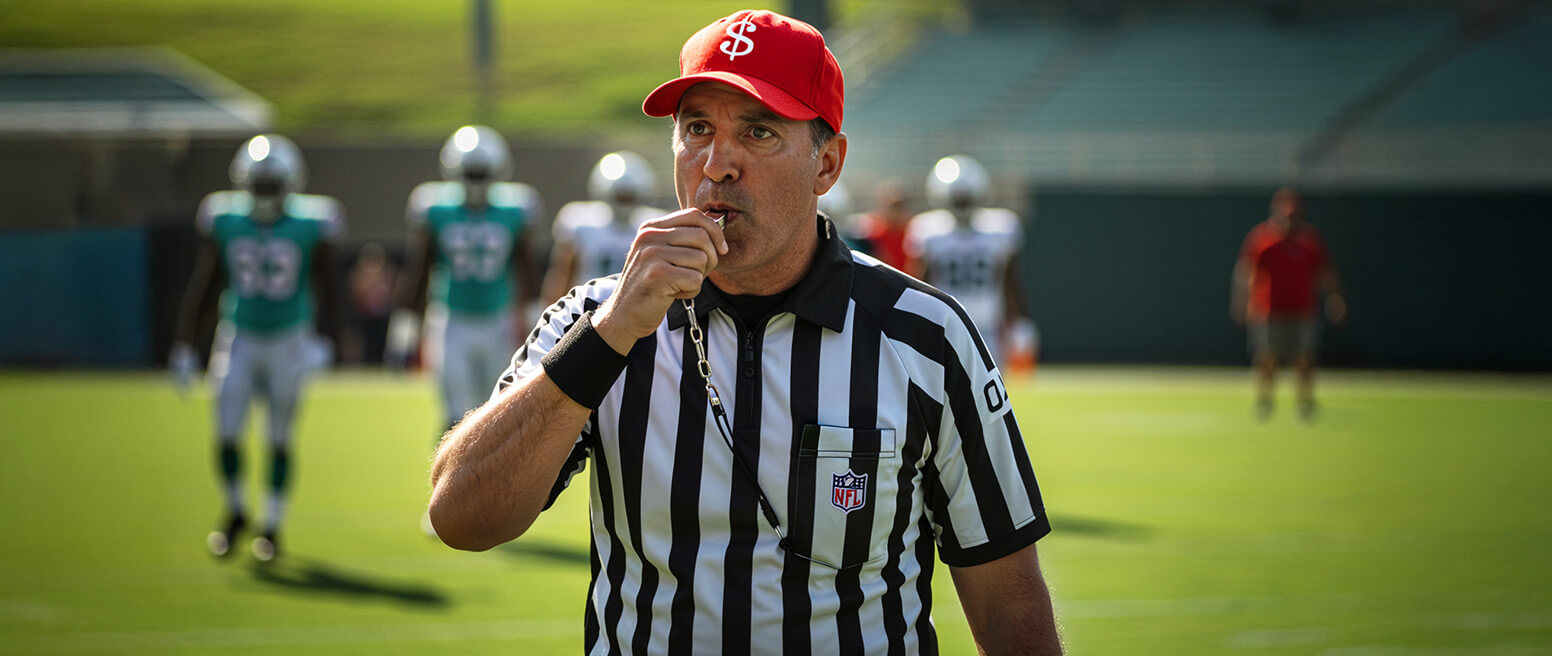The Credit Card Dispute Process Guide for Cardholders & Merchants
Credit Card Dispute Process: A 2025 Procedural Guide for Merchants
Imagine this: You’re going through your accounts, preparing to pay vendor invoices and other such tasks. But, while looking at the books you suddenly realize you have less money in the bank than you thought… a lot less.
Your first thought is, “What the heck happened?!”
A closer inspection uncovers the truth: a customer filed a dispute, and the bank withdrew funds from your business without sending you any advance notice. The buyer never contacted you about a refund, so now you’re looking at a lost sale, an unhappy customer, and the real possibility of a permanent revenue loss.
Recommended reading
- Payment Reversals: How are Refunds & Chargebacks Different?
- How Do Banks Investigate Disputes on Credit Cards?
- The Bank Dispute Process: A Step-by-Step Guide
- What is a Transaction Dispute? Why Do Customers File Them?
- Authorization Reversals: Lost Sales are NOT Always Bad?
- Dispute Management System: How to Pick the Best Provider
It’s in your best interest to learn all you can about the dispute process. But, how does a credit card dispute work, though?
In this guide, I’ll explain how the credit card dispute process works. Together, we’ll explore how chargebacks affect each stakeholder, and what you can do to resolve disputes as quickly and easily as possible.
Whether you're already familiar with disputes, or are investigating things for the first time, I’ve got a few tips and best practices you should consider at every stage. I’ll also provide suggestions and tips for prevention at each step in the process that might help you prevent, or at least win a credit card dispute.
That’s a rough overview. But, I don’t want to give you the impression that dealing with disputes is a straight-forward, by-the-books process. It isn’t.
The entire system is based on decades of technology updates, rule changes, and increasingly-complex regulations. And, all of it is tacked on to a process created a half century ago. Strict credit card dispute time limits control each phase. Even attempts to simplify things often lead to unintended consequences and increased confusion.
A large part of the problem is a lack of standardization. Different card brands use different terminology, processes, and rules for different stages of the credit card dispute process.
Visa Credit Card Dispute Process
The life cycle of the Visa dispute underwent considerable changes with the adoption of Visa Claims Resolution back in 2018. The most significant changes were Visa’s overhaul of their chargeback reason code list and the introduction of the Allocation and Collaboration workflows.
When a customer files a dispute, the incident will be sent through the “Allocation” workflow if it is designated as a “Fraud” or “Authorization” -related dispute. It goes through a Collaboration workflow for other disputes.
Learn more about the Visa dispute processMastercard Credit Card Dispute Process
Like Visa, Mastercard also introduced changes to their credit card dispute process in recent months. The Mastercard Dispute Resolution initiative rollout process wrapped up in April of 2020.
Despite the changes brought with MDR, however, the bulk of the Mastercard chargeback process remains the same.
Learn more about the Mastercard dispute processWith a chargeback, the customer bypasses you and goes straight to the bank. The customer has no incentive to return goods, and you lose the sale, the goods, & the overhead, plus pay chargeback fees. Plus, it can take weeks — or even months — to resolve.
Learn about how refunds & chargebacks differ
Know When to Ask for Help
There are several basic practices that might help you prevent disputes and lower your chargeback costs. Three of the most basic dispute-preventing moves that I’d recommend include:
Being a Customer Service Pro
Merchants can avoid many chargebacks by making it easier for customers to reach out to them. This means providing prompt, helpful responses to all phone, email, and social media inquiries and making sure your contact information is easily visible.
Pay Attention to the Details
Billing descriptors and other pertinent merchant information should be clearly identifiable to your customers. These are commonly overlooked dispute triggers, as cardholders may be unable to identify you by these indicators.
Be Up-Front About Merchant Policies
You should clearly present all information up-front. This is especially true for anything related to fees or charges that customers are likely to encounter. Tax, shipping and handling, and return policies should be recognizable to customers.
Every minute that you spend focused on credit card dispute resolution is time not spent serving customers and growing your business.
Fortunately, Chargebacks911® can provide a solution. Our tactical Chargeback Representment approach relies on a proprietary combination of machine learning and human oversight. The result: individualized, expertly-reviewed, and compiled cases, promising greater ROI and long-term chargeback reduction plans.
Don’t lose another dollar to a credit card dispute. Contact us today to learn more.
FAQs
Are credit card disputes usually successful?
Valid disputes, when filed correctly, are usually successful. “Valid” means the customer has a legitimate complaint they have already tried to resolve through the merchant. Keep in mind that the original claim may go through, even if the case is fraudulent. Those chargebacks may be successfully overturned through representment, though.
Do credit card companies actually investigate disputes?
Yes, banks investigate disputes. Credit card companies only get involved if the case makes it to the arbitration phase. Even then, the network may rely more heavily on existing evidence rather than launching a new investigation.
On what grounds can you dispute a credit card transaction?
Cardholders can legitimately file disputes on unauthorized use, such as fraudulent purchases. They can also file under what is called “merchant abuse.” This can be deliberate misconduct on the part of the merchant, such as charging customers unreasonably higher prices for using a credit card. Other scenarios, such as being unable to reach a merchant for a simple return, may also be grounds for a dispute.
How often do merchants win credit card disputes?
If an initial dispute is blatantly false, the bank may not allow the case to escalate to a chargeback. If a fraudulent claim does go through, the merchant may be able to successfully represent the case. Overall, however, the system is purposely set up to benefit the client, and therefore lowers the odds that a merchant will win the dispute.
What happens when a merchant loses a dispute?
The cardholder will get a full refund, including any related costs such as shipping or restocking. They have no incentive to return the item in question, so the merchant will likely also lose merchandise. Finally, the merchant will be charged an administrative fee by the bank. These chargeback fees are non-refundable, even if the merchant wins a reversal.
How do I make sure I win a credit card dispute?
For merchants, the key to winning a dispute is a well-crafted rebuttal letter, submitted along with compelling evidence that proves the validity of the original transaction. This rebuttal package must be submitted before the appropriate deadline.
















